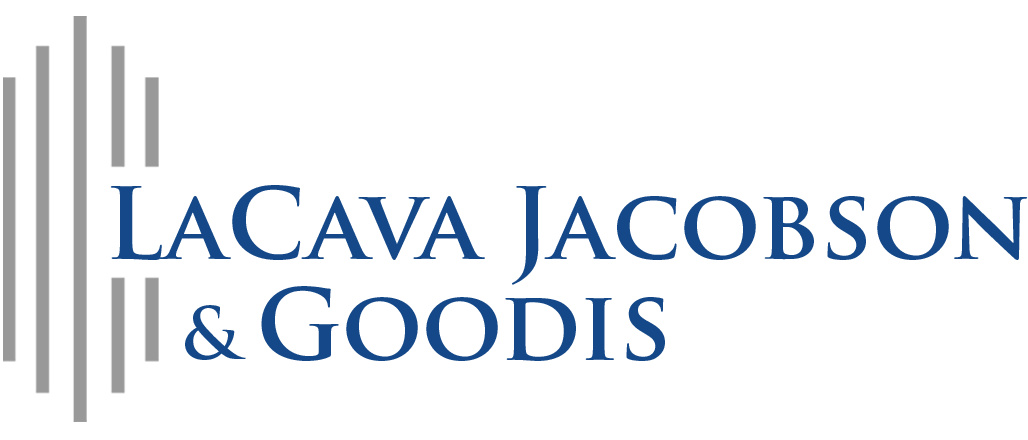Hankerson vs. Wiley, (4th DCA) – In this case, the Hankerson Court held that the Trial Court was committed error when it allowed the Plaintiff to view a post-accident surveillance video of an auto accident before her deposition. The Hankerson Court relied on the Florida Supreme Court’ decision in Dodson v. Persell, 390 So.2d 704 (Fla. 1980), for the proposition that fairness requires that a defendant be permitted to depose a plaintiff before turning over a surveillance video. In rendering its opinion, the Hankerson Court created a bright line rule to be imposed uniformly in these situations. Specifically, the defendant possesses a surveillance video in a personal injury case, the defendant will be entitled to depose the plaintiff prior to producing the video.
Hall v. West And Shephard’s Beach Resort, (2d DCA) – In this case, the Hall Court was asked to review the Trial Court’s ruling that the Resort owed no duty of care to the Plaintiff in an automobile negligence claim. The Plaintiff suffered injuries when he was struck by a car driven by Mr. West, who had visited the Resort prior to the accident and drank alcoholic beverages. The Resort’s security personnel asked Mr. West to leave the premises and two hours later, his vehicle collided with the Plaintiff’s vehicle.
Mr. Hall attempted to hold the Resort liable for allowing a drunk patron to leave the premises. Based upon the Florida statute 768.125 (2008), the Trial Court found no duty was owed by the Resort. That statute provides that a resort can be liable if it furnishes alcohol to a person who is not of lawful drinking age or knowingly serves a person habitually addictive to the use of alcohol and beverages. As the record did not demonstrate that Mr. West was an underage drinker or habitually addicted to alcohol, the Trial Court found that no duty existed. The Hall Court rejected the Plaintiff’s argument that the Resort was negligent in allowing Mr. West to drive way while intoxicated. Recognizing that the Florida Legislature has set the boundaries of when an establishment owes a duty to the general public when a party is intoxicated, the Hall Court found that the Trial Court properly dismissed the claim.
Nucci v. Target Corp., (4th DCA)- In this premises liability case, the Nucci Court held that the Trial Court did not commit error in compelling the Plaintiff to provide photographs she posted on Facebook. Prior to conducting the Plaintiff’s deposition, Defense counsel viewed her Facebook profile and saw that it contained over 1,000 photographs. After the deposition, Defense counsel noted that some of those photographs had been deleted. Defendant moved to compel inspection of the Plaintiff’s Facebook profile, arguing that because the Plaintiff put her physical and mental condition at issue in the lawsuit, the information was discoverable. The Plaintiff responded that her intent was for her Facebook page to be private, and providing Target with access would invade that privacy right. The Trial Court ordered the Plaintiff to provide the names of all social media websites she was registered with and further required her to provide copies of all photographs posted on any social media website for two years prior to and after the date of loss.
On appeal, the Plaintiff argued that the Trial Court ruled incorrectly because the Defendant was relying on the mere hope of obtaining discoverable evidence from the social media outlets. She further argued that the information and the photographs were not relevant to her claims. The Nucci Court affirmed the Trial Court’s ruling and in doing so, held that photographs posted on social media sites are not privileged, nor or they protected by any right of privacy regardless of the privacy setting that the user may have established. The Nucci Court also held that by creating a Facebook account, a user acknowledges that her personal information would be shared with others.
Salazar v. Coello, M.D, (3d DCA) – In this medical malpractice case, the Salazar Court addressed the issue of whether the 90 day tolling of the statute of limitations applied only to the party who received the notice of intent, or whether it was applicable to all other likely defendants. The Salazar Court opined that based on its interpretation of the statutory language, the tolling of the statute of limitation as to all potential defendants was mandated and did not apply only to the party named in the original notice of intent.



 litigation and appeals in all Florida state and federal courts.
litigation and appeals in all Florida state and federal courts.